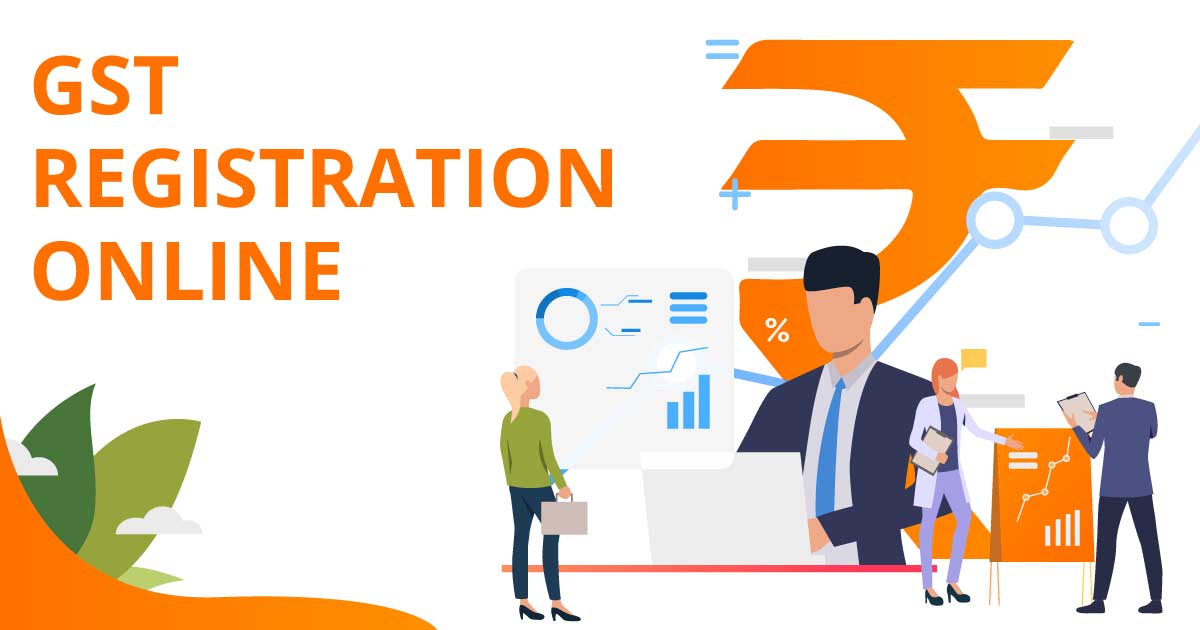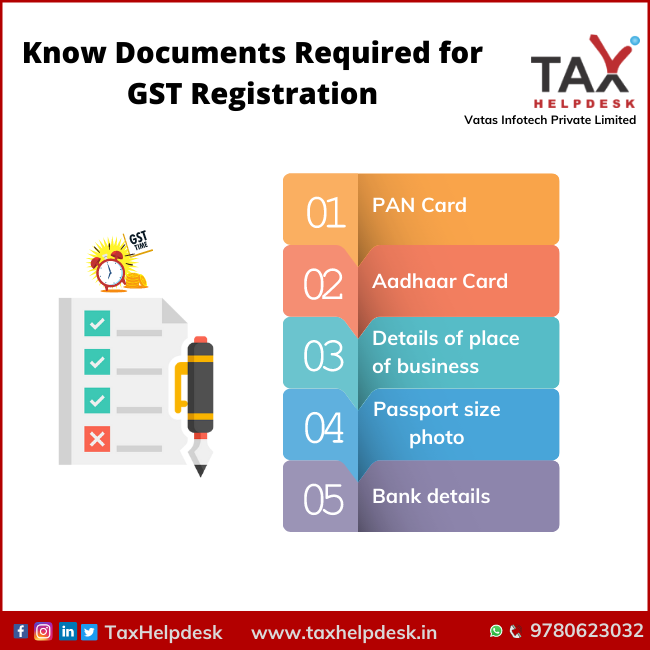Leading Tips for a Smooth Singapore GST Registration Experience
Leading Tips for a Smooth Singapore GST Registration Experience
Blog Article
The Ultimate Overview to Simplifying the GST Enrollment Process and Needs for Small Company Owners

Recognizing GST Basics
To grasp the basics of the Goods and Services Tax Obligation (GST) system, local business proprietors should first comprehend its underlying concepts and ramifications. GST is a value-added tax obligation imposed on most goods and solutions for domestic consumption. It aims to simplify the taxation procedure by replacing several indirect taxes enforced by the state and main governments. Under the GST program, services are called for to register and accumulate tax in behalf of the federal government, ensuring transparency and compliance.
One of the crucial concepts of GST is input tax obligation debt, which allows businesses to declare credit rating for tax obligations paid on their acquisitions. This device stops the plunging effect of taxes and promotes efficiency in the tax system. Furthermore, GST is a destination-based tax, indicating that the tax obligation is levied at the point of usage instead than the point of beginning. This makes sure fair distribution of tax earnings among states based upon where the items or services are taken in. Recognizing these fundamental concepts is critical for tiny organization owners to navigate the intricacies of the GST system and make sure conformity with the law.
Eligibility Standards for Registration
Having actually developed a foundational understanding of GST principles, small company proprietors have to currently fulfill specific eligibility standards to wage the enrollment procedure. In India, entities took part in the supply of products or services with an annual aggregate turn over exceeding Rs. 40 lakhs (Rs. 10 lakhs for special classification states) are called for to register for GST. Furthermore, particular services such as those involved in inter-state supply of items, casual taxed individuals, and those called for to pay tax under the reverse fee system have to register for GST irrespective of their turnover. Businesses that were signed up under the previous tax obligation routine (VAT, solution tax, and so on) are additionally mandated to register under GST. Agricultural businesses that only supply generate out of key manufacturing are exempt from GST registration. It is crucial for organization owners to meticulously evaluate their eligibility based on these requirements to guarantee compliance with the law and avoid any kind of fines for non-compliance.
Files Needed for GST Registration

Simplified Enrollment Process Steps
Complying with the collection and confirmation of the requisite files, the enrollment process for GST can be navigated through a series of streamlined steps designed to promote effective compliance for small company owners. The initial step entails checking out the GST portal and selecting the 'New Registration' alternative. Ultimately, the candidate must fill out Part A of the GST REG-01 kind with details such as PAN, mobile number, and email address to acquire an OTP for verification. Once the OTP is gotten and gotten in, a Momentary Reference Number (TRN) is created for additional proceedings. The next step needs filling out Component B of the type with needed business details, submitting sustaining papers, and completing the confirmation procedure utilizing DSC or EVC. Upon successful confirmation, an Application Recommendation Number (ARN) is released, suggesting the conclusion of the GST enrollment procedure. By complying with these simplified actions, small company owners can efficiently register for GST and make certain compliance with tax obligation regulations.
Tips for Ensuring Compliance
To preserve regulatory adherence and operational honesty, persistent oversight and proactive measures are pivotal in guaranteeing compliance with GST demands for tiny service owners. Tiny organization proprietors should remain updated with GST guidelines, submitting due dates, and any kind of adjustments in tax rates to stay clear of penalties and maintain an visit this web-site excellent standing with tax obligation authorities. Attending GST recognition workshops or training programs can enhance understanding and conformity with GST regulations, ultimately benefiting the organization in the long run.
Verdict
To conclude, little business owners need to recognize the basics of GST, satisfy the eligibility criteria, collect essential documents, and follow the simplified enrollment process actions to guarantee compliance. By simplifying the GST registration process and demands, browse around here local business proprietors can avoid fines and run their services smoothly within the legal framework - Singapore GST Registration. It is vital for local business owners to remain enlightened and certified with GST guidelines to keep a successful company operation
Little business proprietors seeking GST enrollment should ensure they collect and submit the required records to complete the enrollment procedure effectively. The documents required for GST registration normally include proof of company enrollment or incorporation, FRYING PAN (Permanent Account Number) card of the business address, identity and entity proof of the promoters/partners/directors, pictures, address evidence of the location of company, financial institution account declarations or canceled cheques, and permission forms. Going to GST awareness workshops or training programs can improve understanding and conformity with GST laws, inevitably benefiting the company in the lengthy run.
By simplifying the GST enrollment process and needs, small business proprietors can avoid penalties and run their services efficiently within the lawful structure. It is essential for small company owners to stay compliant and enlightened with GST regulations to preserve a successful service procedure.
Report this page